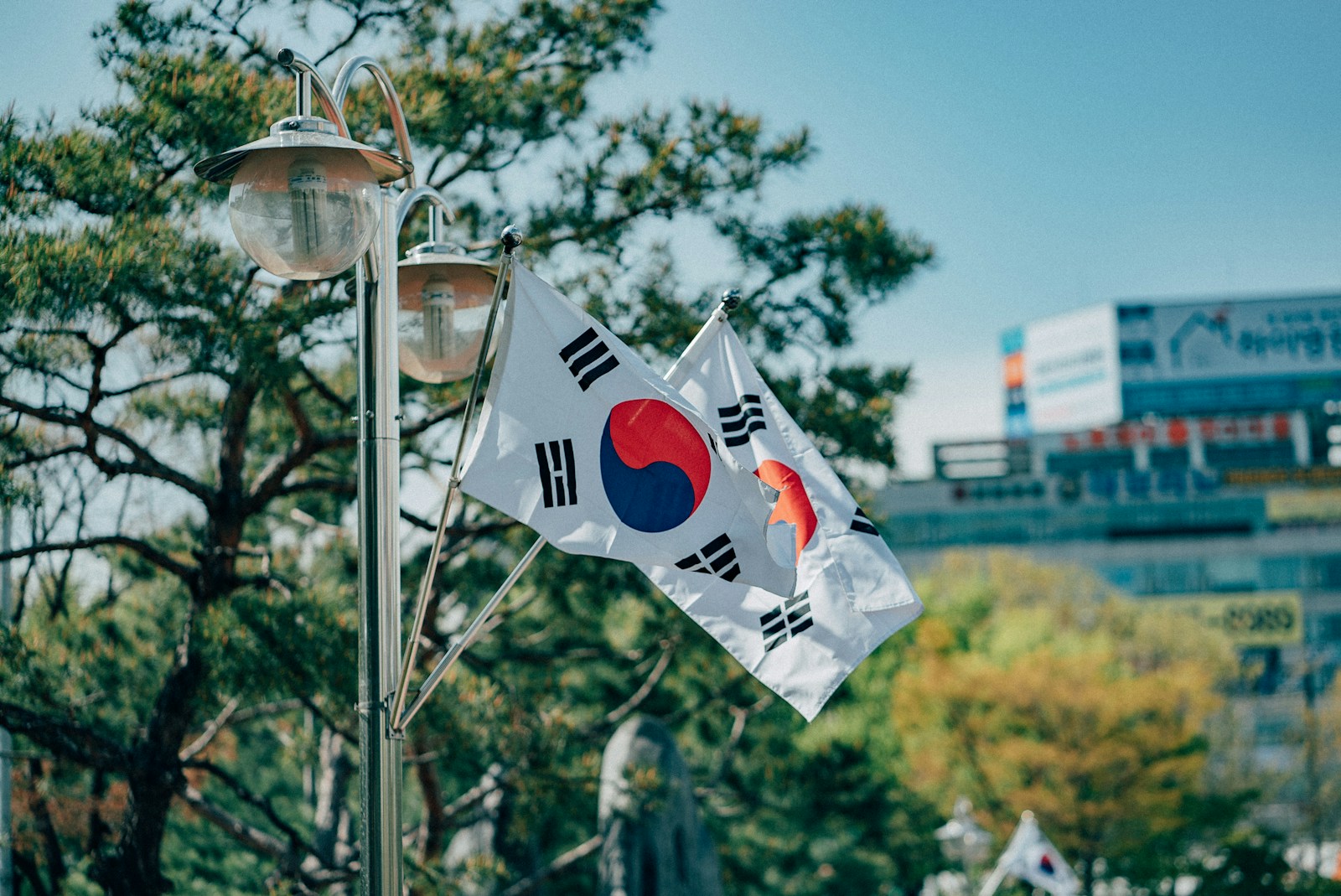Key Takeaways:
- Lee Jae-myung becomes South Korea’s new president after a significant victory.
- His transition period is unusually short, just one day, due to the impeachment of the previous president.
- He must address major issues like the economy and national security right away.
South Korea’s political landscape has shifted dramatically with the rise of Lee Jae-myung as the new president. His victory is notable, but the circumstances surrounding his takeover are anything but ordinary. Unlike previous leaders who enjoyed a two-month transition period, Lee must dive into his duties immediately, leaving no room for a traditional honeymoon phase.
Why the Rush?
The sudden change in leadership stems from the impeachment of former President Yoon Suk Yeol last December. Impeachment in South Korea is a serious process, reflecting significant issues that led to the removal of Yoon from office. This situation has left a void, necessitating Lee to assume the presidency without delay.
Challenges Ahead
Lee Jae-myung steps into office amid a nation facing several critical challenges. The economy is a top concern, with issues like inflation and unemployment requiring urgent attention. National security is another pressing matter, as South Korea continues to navigate its relationship with neighboring countries, particularly North Korea.
Moreover, Lee will have to swiftly assemble his team and outline his policies without the usual preparation time. This hastened transition could pose challenges as he works to implement his vision for the country.
The Importance of Transition
Typically, a transition period allows a new leader to build their administration and strategize. Without this period, Lee must act swiftly, which could impact the effectiveness of his initial policies and decisions.
Engaging the Future
Despite the immediate challenges, Lee Jae-myung’s presidency offers an opportunity for South Korea to address its current issues and work towards future stability. His ability to navigate these challenges will set the tone for his tenure and shape the nation’s direction in the coming years.
This unprecedented situation highlights the dynamic nature of South Korea’s politics and the critical role President Lee must play in guiding the country through its current trials.
